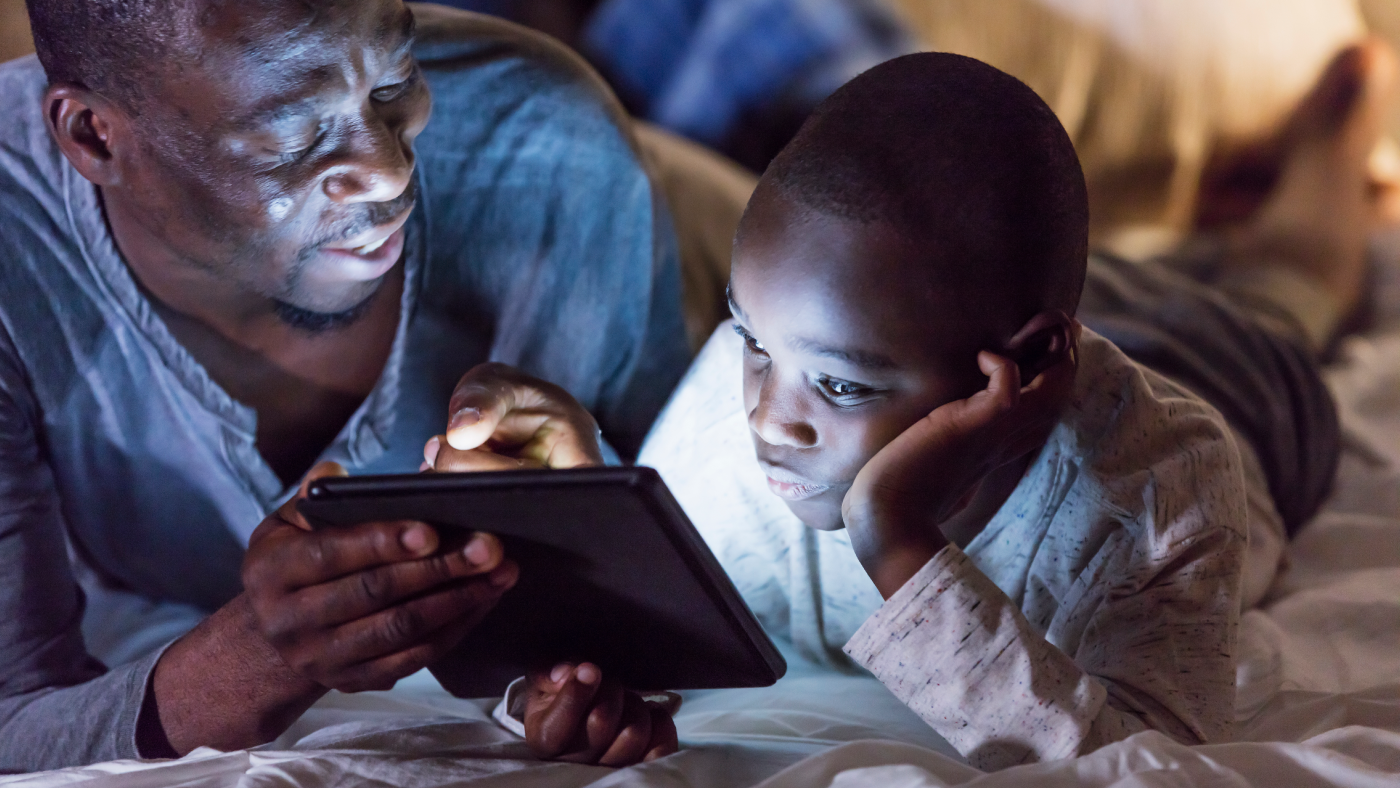
Americans less concerned than a decade ago over immigrants’ impact on workforce
Americans’ views about the impact the growing number of immigrants working in the U.S. is having on American workers have softened notably over the past decade.
Americans’ views about the impact the growing number of immigrants working in the U.S. is having on American workers have softened notably over the past decade.
As the U.S. work environment continues to shift, the public is adapting to the new realities of the workplace and rethinking the skills they need to compete.
When asked whether one prefers to read, watch or listen to their news, younger adults are far more likely than older adults to opt for text – and most of that reading is occurring on the web.
Many Americans rely on cell phone internet access due to a lack of broadband at home. But are these devices a good substitute?
Thanks to scientific advancements, brain chip implants are already being tested in individuals to help them cope with an injury or ailment. But when it comes to the potential use of such implants to give an already healthy and capable person abilities that they do not currently have, Americans are more wary than enthusiastic. Some […]
After the June 2013 leaks by Edward Snowden about NSA surveillance of Americans’ communications, Pew Research Center began an in-depth exploration of people’s views and behaviors related to privacy. Here's what we learned.
Americans fall along a spectrum of preparedness when it comes to using tech tools to pursue learning online, and many are not eager or ready to take the plunge
Digital news continues to evolve, pushed by a variety of recent innovations. Here are 10 key findings that show how these shifts are reshaping Americans’ news habits.
Despite the technological potential to help humans live longer and stronger, many U.S. adults are not ready to embrace these possibilities.
Human enhancement may be just around the corner. How do Americans view these emerging technologies that may one day enhance our human capabilities?

Roughly four-in-ten Americans have experienced online harassment. Growing shares face more severe online abuse such as sexual harassment or stalking.
Two-thirds of parents in the U.S. say parenting is harder today than it was 20 years ago, with many citing technologies, like social media or smartphones, as a reason.
From distractions to jealousy, how Americans navigate cellphones and social media in their romantic relationships.
Majorities of U.S. adults believe their personal data is less secure now, that data collection poses more risks than benefits, and that it is not possible to go through daily life without being tracked.











